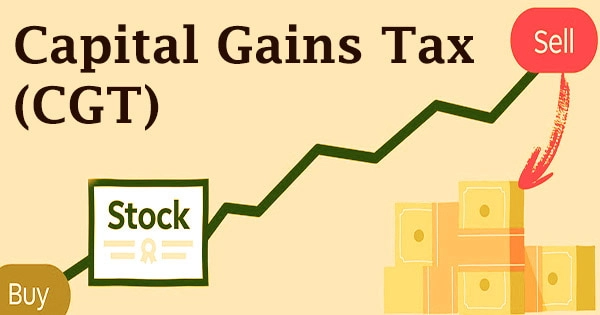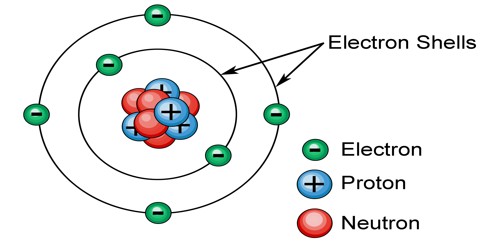Activist investing is the practice of purchasing a substantial quantity of a company’s stock in order to gain influence and pressure the company’s leadership team to implement a certain set of reforms. It is an individual or gathering that purchases a critical stake in a public organization to impact how the organization is run, for example, by acquiring seats on its directorate. Activist investors are hoping to roll out huge improvements to the objective organization and open apparent secret worth inside the objective organization.
Activist investors frequently target companies that are mismanaged, have high costs, might be operated more profitably if taken private, or have other issues that the activist investor feels they can solve. Activist investors normally look for organizations that they accept to show a primary blemish inside their administration and hope to add esteem either by impacting the current administration’s choices or by supplanting them with a new administration. Private value firms, mutual funds, and affluent people are the sorts of financial backers that may choose to go about as investor activists.
Activist investors advocate for changes that will boost the company’s stock price or directly benefit the activist investor. Investors such as private equity companies, hedge funds, and high-net-worth individuals may choose to participate as shareholder activists. Activist investors are often high-net-worth people who own hedge funds or private equity businesses. The filing of a Schedule 13D with the Securities and Exchange Commission, which is needed when an investor purchases 5% or more of a firm’s voting class shares, is one indicator that a company has become a target for activist investors.
Activist investors come in many different forms, including:
Individual Activist Investors: Individual activist investors are typically very wealthy and powerful. They can use their money to buy a large number of shares in a company in order to gain enough voting power on the board of directors. They want to influence the target company’s strategic orientation. Individuals in this category are generally well-known in the financial business and utilize their clout to influence structural changes in a company’s strategy. For example, if an individual activist believes management is not appropriately distributing capital, they can utilize their board of directors’ power to fight for a new capital allocation.
Some examples of well-known activist shareholders are:
- Bill Ackman – Founder and chief executive officer (CEO) of Pershing Capital
- Carl Icahn – Founder of Icahn Enterprises
- David Einhorn – Founder and president of Greenlight Capital
- Dan Loeb – Founder of Third Point Partners
Private Equity Firms: Activist investors, such as private equity companies, use a variety of methods, but the most common is to acquire control of a public business with the goal of bringing it private. A private equity firm’s structure comprises limited partners who control a large portion of the fund and have limited responsibility, as well as a general partner who has unlimited liability. Private equity firms raise funds from a variety of investors who are ready to commit substantial sums of money over a long period of time.
The investments of private equity firms come in many different situations, including:
- Leveraged buyouts – Purchasing a firm as a whole with the goal of changing its capital structure to improve its value and then reselling or launching an IPO (initial public offering) to exit the investment.
- Distressed investment – Seeking companies or business lines that are distressed (on the verge of bankruptcy).
- Venture capital – Providing cash to startups or entrepreneurs, with the possibility of assisting the entrepreneur in growing their business in exchange for a share of the seed investment’s ownership.
Hedge Funds: Hedge funds, which are activist investors, can seize control of a public business in a variety of methods. Hedge funds can operate like private equity companies or follow the attitude of an individual activist investor. The basic aim of a hedge fund is to create a return for investors regardless of the circumstances, and the funds are not limited in the techniques they can use to accomplish so. Hedge funds, like private equity firms, are founded with contributions from many limited partners and a general partner, and many individual activist investors operate via them. The assets are illiquid since they are generally held for at least a year to allow hedge fund managers to be flexible.
Activist investors usually have extensive commercial experience as well as professional analytical skills. They utilize these credentials to discover firms with untapped value, create, and provide precise strategy suggestions to the companies themselves in order to capture that value. Holding companies or hedge funds are used by well-known investors like Carl Icahn and Nelson Peltz to engage in shareholder agitation. An activist investor may seek a personal seat on the board of directors or the nomination of specific independent directors. The activist investor may even seek the ouster of particular directors.
Information Sources:
















